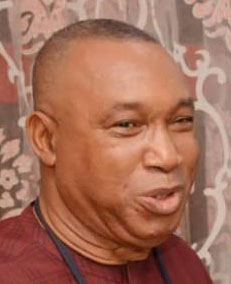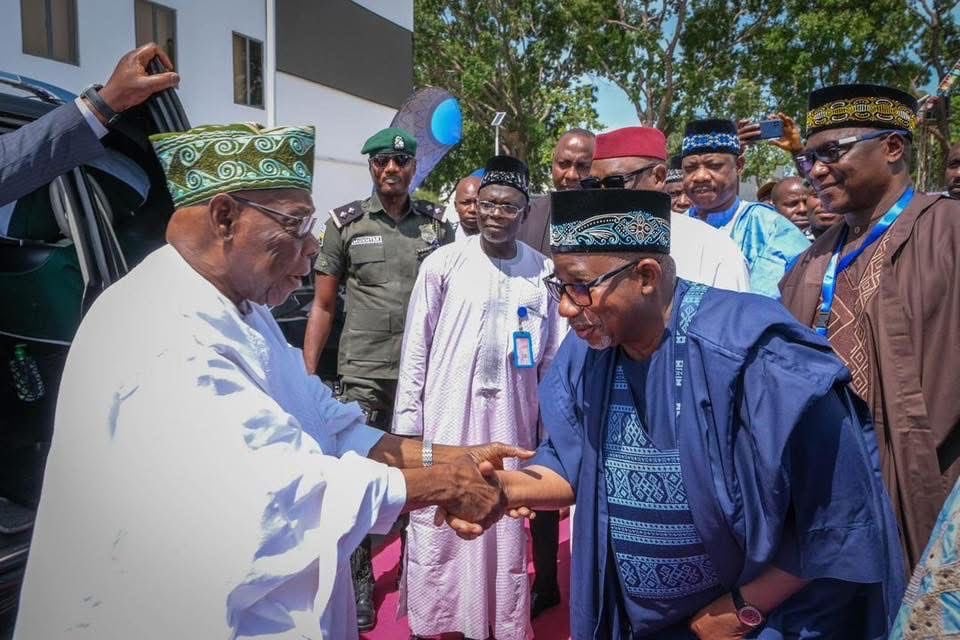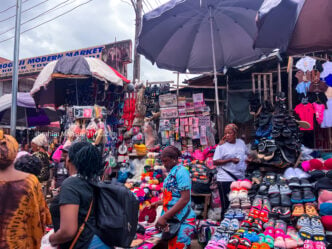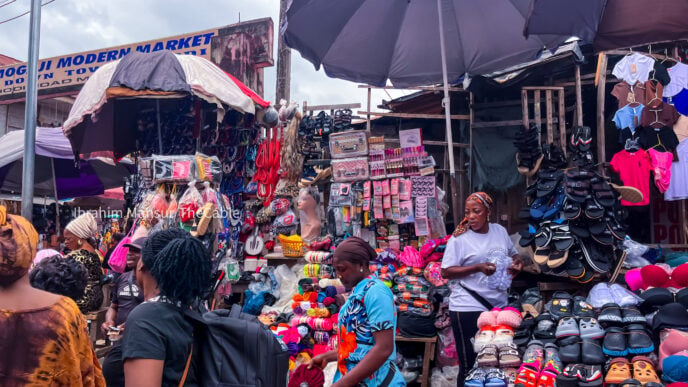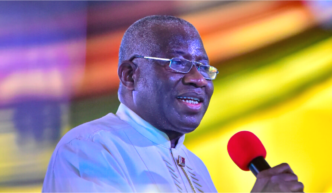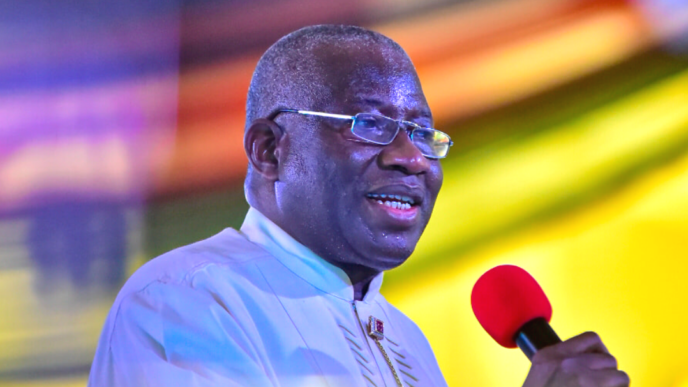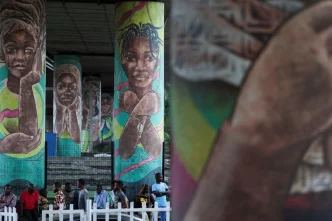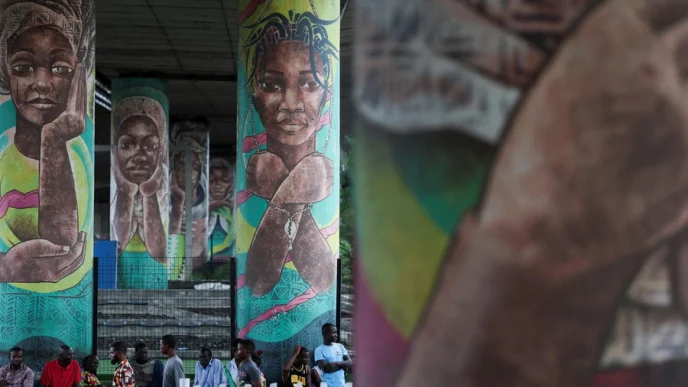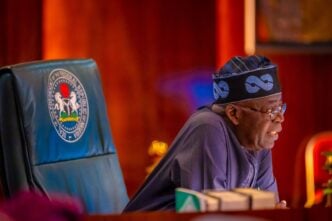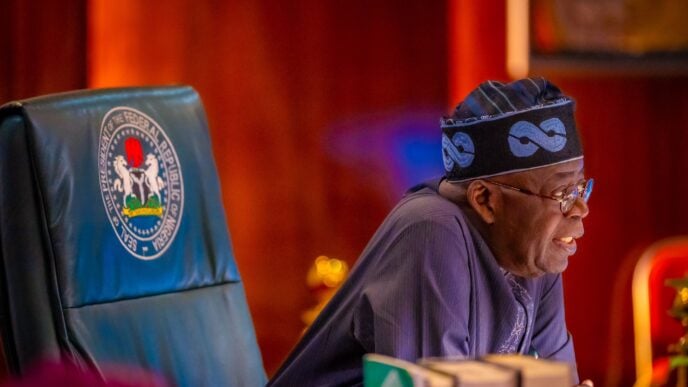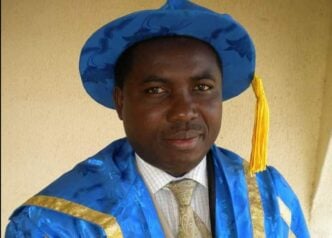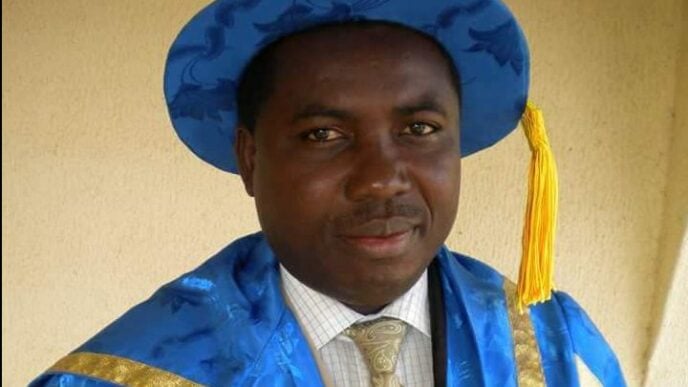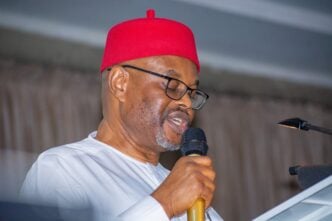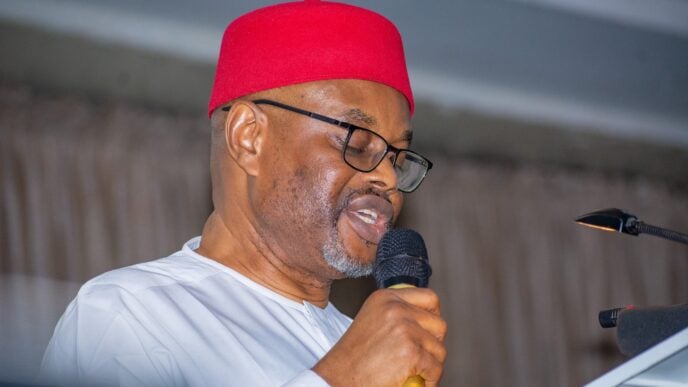It is no longer news that former President Olusegun Obasanjo was in Bauchi last Wednesday to commission the International Conference Centre (ICC), a landmark edifice built under the visionary leadership of Governor Bala Mohammed.
Given Obasanjo’s famously packed itinerary, one might ask in Nigerian parlance, “Obasanjo no dey taya?” At 88, many would expect the elder statesman to be enjoying a quiet retirement. Yet, his boundless energy continues to defy age and expectation.
At the ICC commissioning, Obasanjo stunned guests by hopping on the spot to prove his vitality. This wasn’t an isolated display. Just last June, at the birthday reception for former Imo State Governor Emeka Ihedioha, Obasanjo leapt from the raised podium of the Abuja Intercontinental Hotel—an act that left attendees in awe. Sadly, no photojournalist captured what could have been the image of the year.
These anecdotes underscore why Obasanjo remains a towering figure in Nigeria’s political landscape. His presence at the ICC unveiling was not just ceremonial—it was symbolic. It coincided with the First Bauchi State International Economic and Investment Summit, held at the same venue from October 8–9, 2025. The timing was apt, the symbolism profound.
Advertisement
Obasanjo: Father of the Nation
Whether admired or criticized, Obasanjo stands out as one of Nigeria’s most consequential leaders. While calling him Nigeria’s greatest leader may spark debate, the Vice President’s description of him as the “Father of the Nation” captures the essence of his legacy.
Bala Mohammed: A Kindred Spirit
Advertisement
Governor Bala Mohammed’s frequent consultations with the Abeokuta sage reflect more than political courtesy—they reveal a deep ideological alignment. Bala Mohammed shares with Obasanjo a nationalist fervour, a tireless work ethic, and a commitment to meritocracy over tribalism.
Shared Traits of Leadership
Here are the striking similarities that bind these two patriots:
Unyielding Patriotism
Advertisement
Both men are driven by an unwavering commitment to the Nigeria project. Their patriotism is not theatrical—it is deeply rooted in action. Two examples across time and space will illustrate the point: Obasanjo once called Aliko Dangote at 5 a.m. to challenge his preference for importation over local manufacturing. That conversation catalysed Dangote’s pivot to industrialization.
Similarly, Bala Mohammed is known for receiving calls at 2 a.m. from stakeholders, always ready to engage in matters of development. At the economic and investment summit, the Group Chairman of Resident Cement Company Limited, Dr. Abbas Waziri Junaid whose firm is building a multi-billion naira cement company in Bauchi State narrated how he would call Governor Bala Mohammed at 2 am to discuss the investment. Thus began a journey whose multiplier effect on the economy of Bauchi State, albeit Nigeria, is bound to be far-reaching. At the just concluded international economic and investment summit, the Bauchi State Government and Resident Cement signed an MOU for the latter to establish a $1.5 billion 10-ton cement factory in the state. Under the MOU, Resident Cement would construct a water dam, a 100 megawatt electricity plant, a trailer park, housing units and other social amenities.
Detribalized Visionaries
Obasanjo’s choice to engage Dangote, a Fulani from Kano, and Bala Mohammed’s appointment of Reuben Okoya, an Ijaw from Bayelsa whose company, Architectronix Limited designed, built and furnished the iconic Sir Ahmadu Bello International Conference Centre, reflect their shared belief in competence over ethnicity. Both men have consistently built diverse teams, valuing ideas and capacity above primordial loyalties. In recent months, despite his well-known presidential ambition, Bala Mohammed has unequivocally promoted the idea that the presidency should remain in the south in 2027, a position that has ruffled some feathers just as his Doctrine of Necessity motion in 2010 nearly terminated his political career.
Advertisement
Merit Over Sentiment
Obasanjo’s cabinet was a mosaic of technocrats from elite global institutions. In recent times, his support for Peter Obi’s presidential bid was rooted in capacity, not sentiment. Bala Mohammed mirrored this ethos in 2010 when he championed the Doctrine of Necessity, enabling Vice President Goodluck Jonathan to assume the presidency amidst constitutional uncertainty.
Advertisement
Relentless Drive
Their “I-can-do-it” spirit is legendary. Obasanjo’s military precision in monitoring projects—such as deploying informants to track progress at Dangote Cement—is mirrored by Bala Mohammed’s hands-on governance. The governor frequently dispatches top aides to project sites in the middle of the night and makes surprise visits himself at the same time. This rigorous oversight has transformed Bauchi into a model of infrastructural development.
Advertisement
Technocratic Foundations
Though their professional paths diverged—Obasanjo as a general in the Nigerian Army and Bala Mohammed as a director in the federal civil service—both rose through disciplined, merit-based systems. Their technocratic backgrounds inform their governance styles: strategic, structured, and results oriented.
Advertisement
Bauchi’s Transformation: A Testament to Leadership
Bala Mohammed’s administration has delivered massive infrastructure, fostered inclusive governance, and inspired civic pride through the “My Bauchi Project.” A tour of the state reveals a landscape redefined by progress and a people energized by purposeful leadership. Little wonder that today, Bala Mohammed is hailed as the Father of Modern Bauchi, just as Vice President Shettima had described Obasanjo as the “Father of the Nation”.
A Call to National Duty
Though not biologically related, Bala Mohammed and Obasanjo share a political DNA—one that prioritizes nation-building, unity, and excellence. Just as Obasanjo was summoned to rescue Nigeria in 199, it is this shared legacy that fuels growing calls for Bala Mohammed’s return to the federal stage as vice president where he would deploy the unassailable track record as a director in the federal civil service, a senator, a minister and now a governor, to support the president who would emerge in 2027 to lift Nigeria from its current quagmire.
Exponents of this position insist that the nation needs leaders with vision, stamina, and a proven track record—and Bala Mohammed fits that mold. Obasanjo would seem to agree when at one point while extolling the magnificent effort of Bala Mohammed, he turned to the Governor and said: I doff my hat for you, a gesture that enlisted a thunderous applause from the audience.
Will the echoes of Obasanjo’s legacy now reverberating through Bala Mohammed’s political ascent, and their generational convergence translate into a defining force in Nigeria’s evolving power landscape?
Only time will tell.
Views expressed by contributors are strictly personal and not of TheCable.
